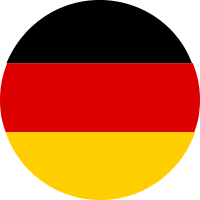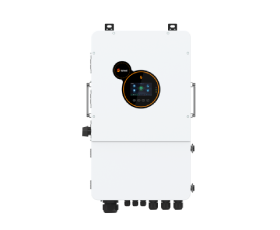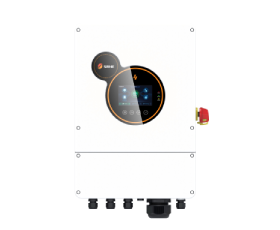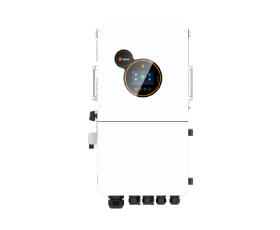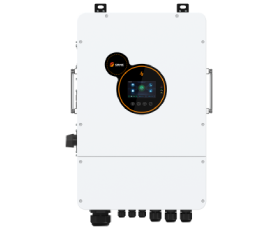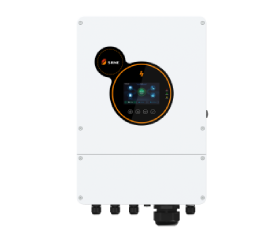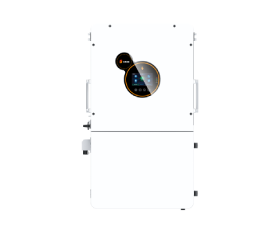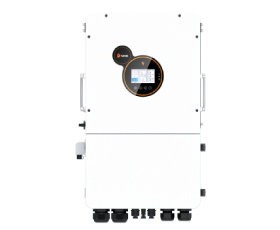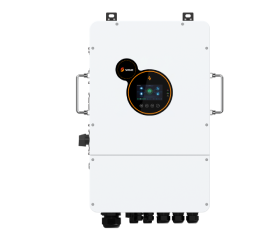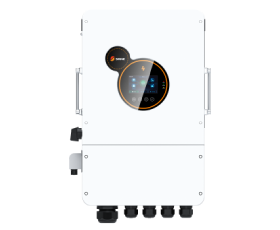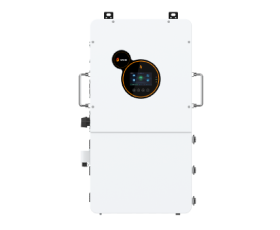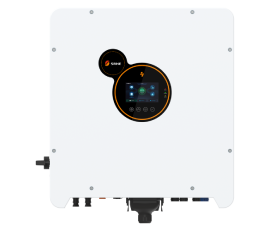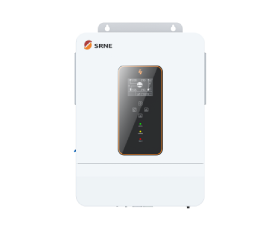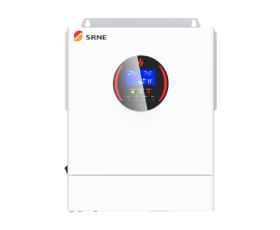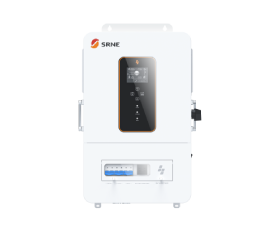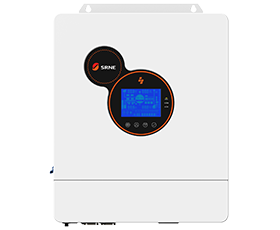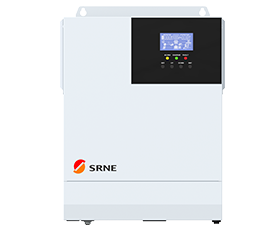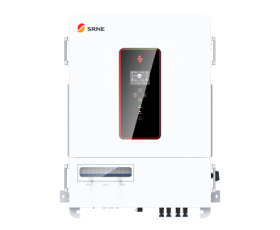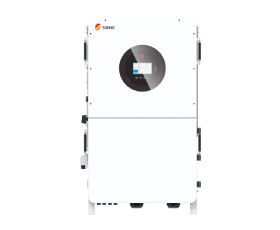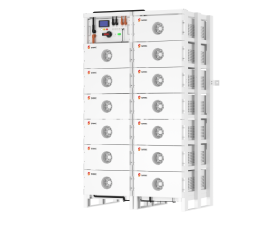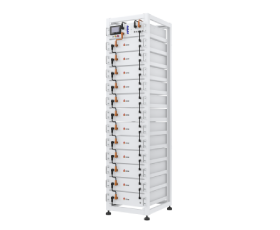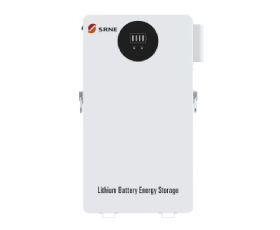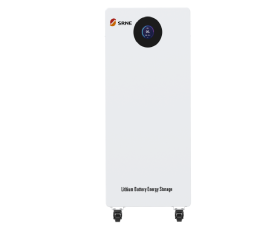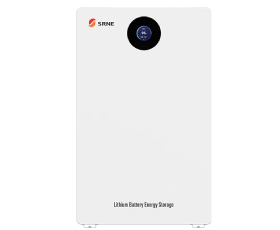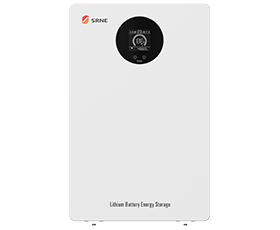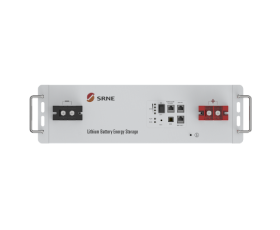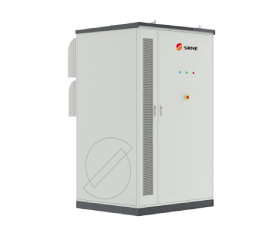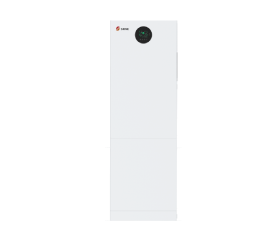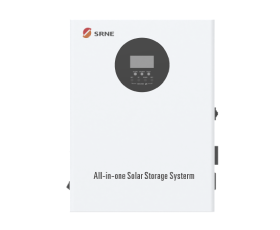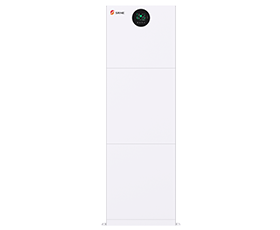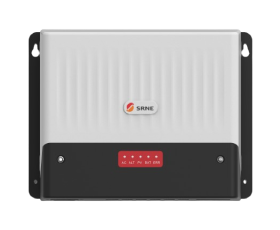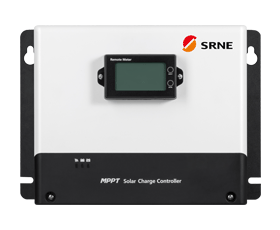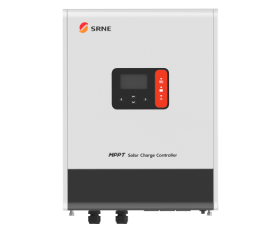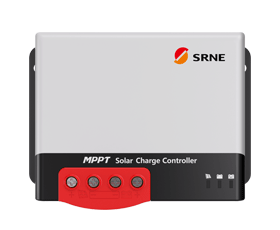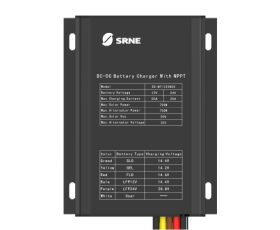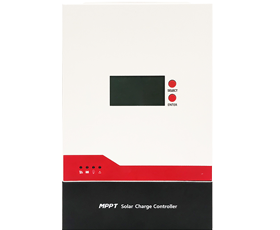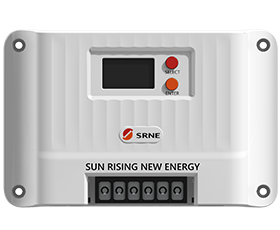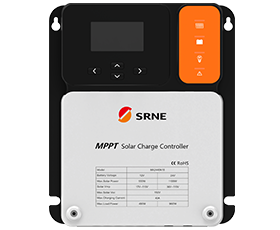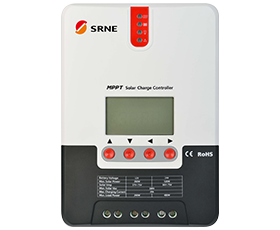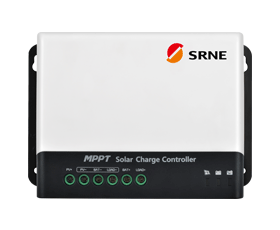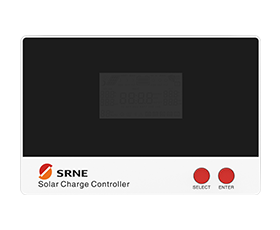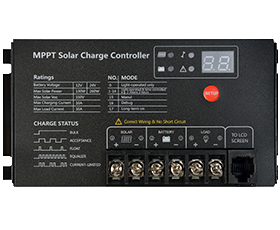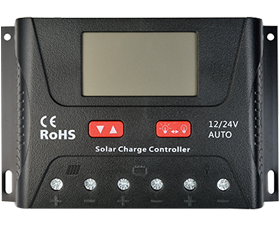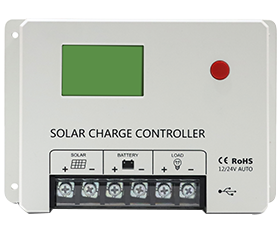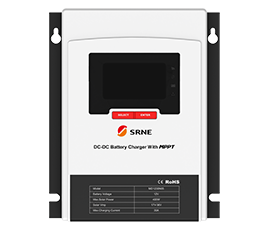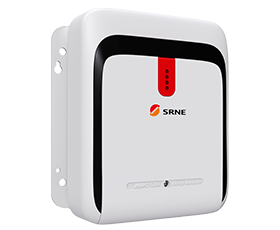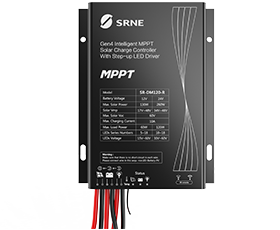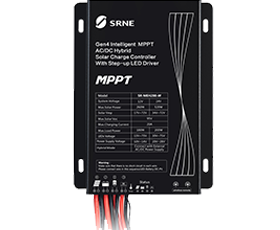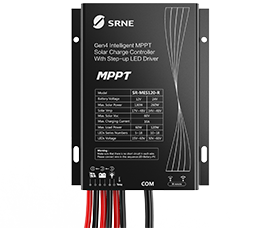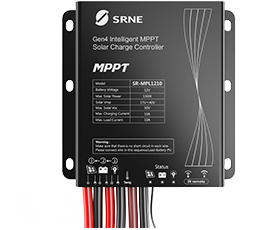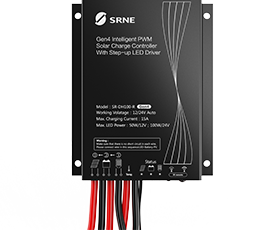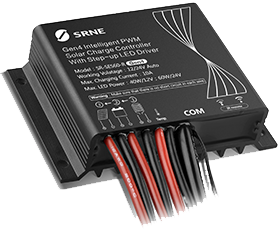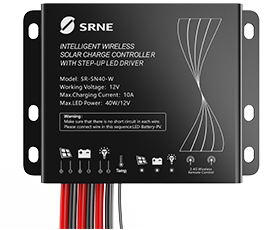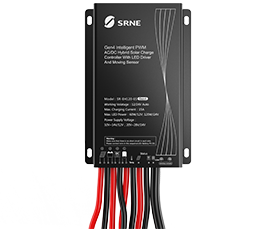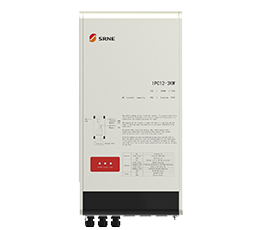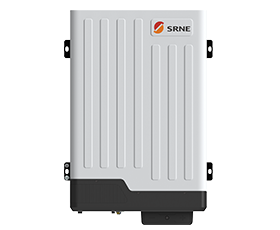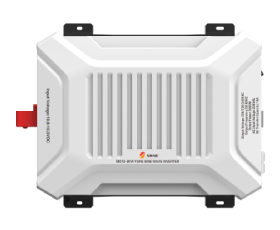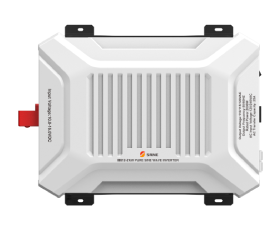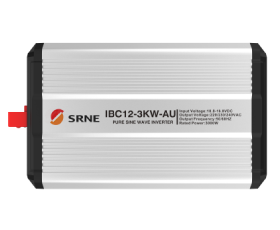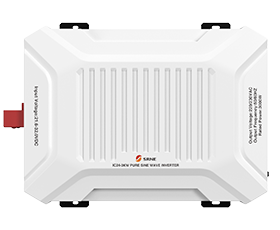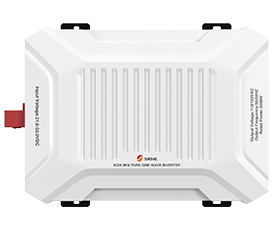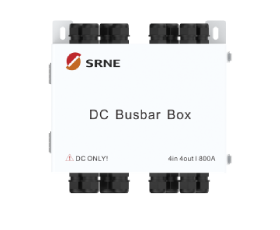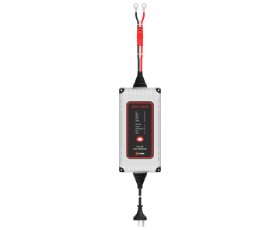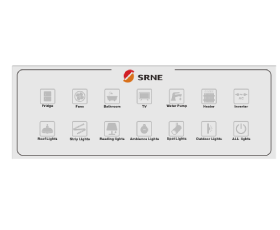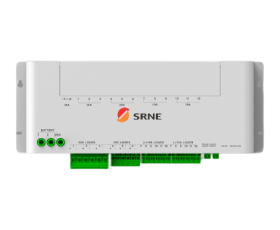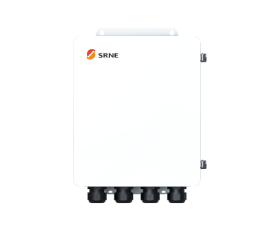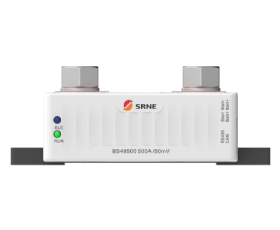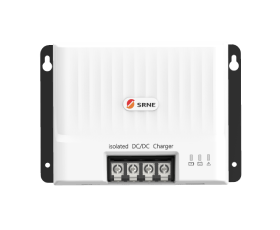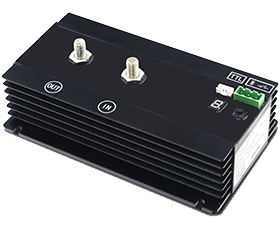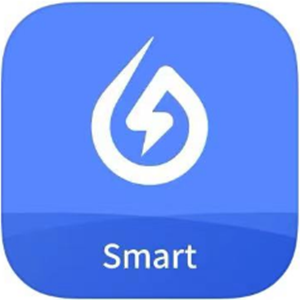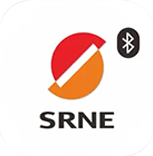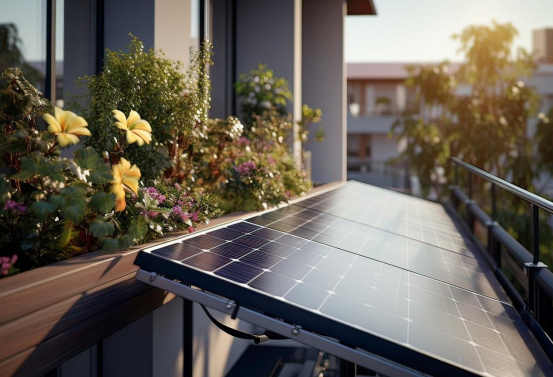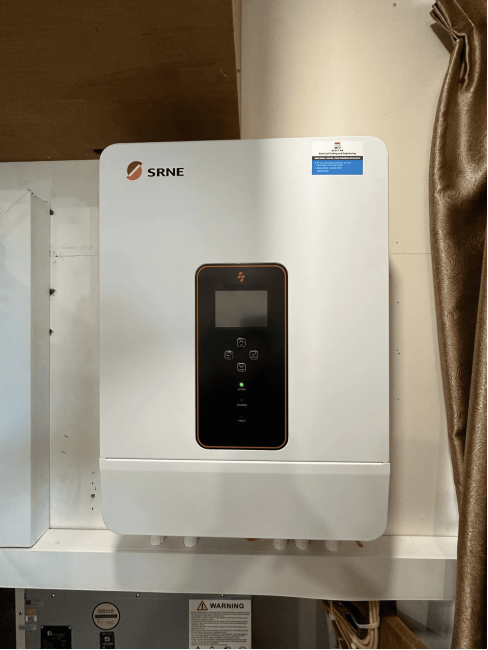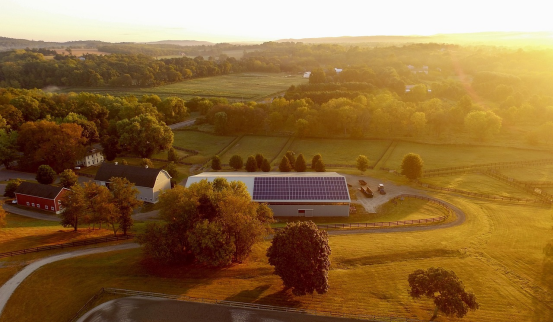Grid-Tied vs. Off-Grid Inverter Systems: Which is Right for Your Project?
In today's world, where energy efficiency and independence are becoming increasingly important, understanding the different types of power inverter systems is crucial. Power inverter systems play a vital role in converting and managing electrical energy, especially when it comes to residential applications. Let's take a deep dive into the comparison between grid-tied and off-grid power inverter systems to help you determine which one is the right fit for your requirement.At the same time, Srne as the largest solar inverter manufacturer in the world, also fully combines the needs of users to optimize the solutions and products.
Grid-Tied Power Inverter Systems
Grid-tied inverters work by converting the direct current (DC) electricity generated by solar panels or other renewable sources into alternating current (AC) that can be fed back into the utility grid. One of the significant benefits of grid-tied systems is the potential for cost savings through net metering. This allows you to earn credits when your system generates more electricity than you consume, reducing your overall energy bills. Additionally, relying on the existing grid provides a reliable backup during times of low renewable energy generation.
However, grid-tied systems come with their limitations. They are highly dependent on the stability and availability of the grid. If there's a grid outage, your system will also stop functioning. Moreover, there are often strict regulations and restrictions governing the connection and operation of grid-tied systems.
Off-Grid Power Inverter Systems
Off-grid inverters, on the other hand, are designed to operate independently of the main power grid. They provide complete autonomy and are ideal for locations where grid access is limited or unreliable. The main benefit of off-grid systems is the freedom they offer, allowing you to generate and use electricity wherever you are, without being tied to the grid.
But off-grid systems also have their drawbacks. The initial costs are typically higher due to the need for larger battery storage and more complex components. Maintenance requirements can also be more demanding to ensure the system operates smoothly.
Hybrid Inverter Off Grid and Off Grid Solar Inverter
Hybrid inverters off grid combine the features of both grid-tied and off-grid inverters, offering flexibility and enhanced functionality. They can switch between grid-connected and off-grid modes depending on the situation. Off grid solar inverters, specifically, are designed to optimize the performance of solar energy in off-grid setups.
Residential Energy Storage and Its Role
Residential energy storage plays a crucial role in both off-grid and hybrid systems. It allows you to store excess energy generated during peak production times for use when needed, especially during periods of low generation or high demand.Srne provides a complete solution to give users a Solar energy experience.Different types of residential energy storage options are available, each with its own pros and cons.
Scenarios for Choosing the Right System
When deciding between grid-tied and off-grid power inverter systems, several factors need to be considered. Homeowners' specific needs and preferences play a significant role. If you value maximum cost savings and have a stable grid connection, a grid-tied system might be suitable. But if you desire complete independence and are willing to invest upfront, an off-grid or hybrid system could be the better choice.
Location is another important factor. If you live in a remote area with no reliable grid access, off-grid is likely your only option. Budget is also a key consideration. Grid-tied systems tend to be more cost-effective initially, but off-grid systems may offer better long-term value depending on your circumstances.If you want to know more about your inverter choices, you can read that How to Choose the Right Home Power Inverter: A Professional's Guide.
System Type | Working Principle | Benefits | Limitations | Ideal Scenarios |
Grid-Tied | Converts DC to AC and feeds into the grid | Cost savings through net metering, Reliance on grid for backup | Dependence on grid stability, Restrictions and regulations | Stable grid connection, Aim for cost savings |
Off-Grid | Operates independently of the main grid | Independence, Use in remote locations | Higher initial costs, Demanding maintenance | No reliable grid access, Desire complete autonomy |
Hybrid Off-Grid | Combines features of both grid-tied and off-grid | Flexibility, Enhanced functionality | Complexity in operation | Variable energy needs, Location with intermittent grid |
Off-Grid Solar | Optimizes solar energy in off-grid setups | Efficient solar utilization in off-grid | Specific to solar input, Higher component requirements | Areas with abundant solar resources and off-grid needs |
In Summary
The choice between grid-tied and off-grid power inverter systems depends on a variety of factors. Srne will carefully assess your energy needs, location, and budget, which will help you make an informed decision that best suits your project. Whether you're considering a home power inverter, a hybrid inverter off grid, an off grid inverter, an off grid solar inverter, or residential energy storage, understanding these options is essential for a sustainable and reliable energy future.
What to Read Next:
Battery Choices for Home Power Inverters: What Professionals Recommend
Through this article you can learn more about the inverter selection related knowledge and professional guidance
Understanding the Different Types of Home Power Inverters and Their Applications
This article will tell you more about the applications and advantages of different inverters.





